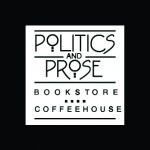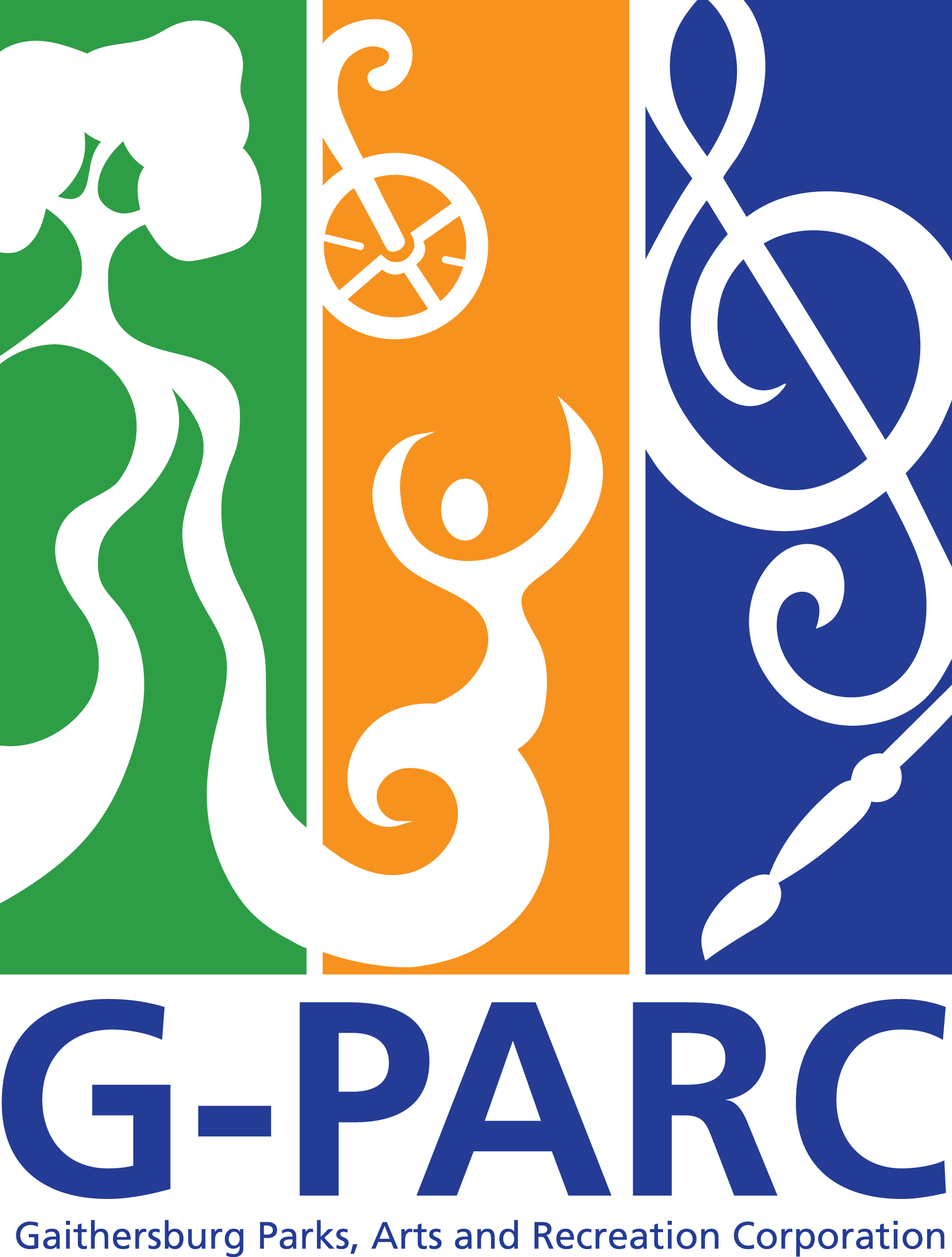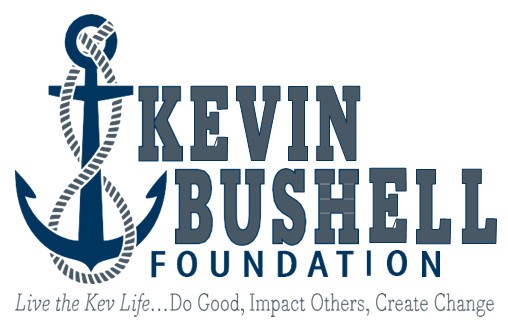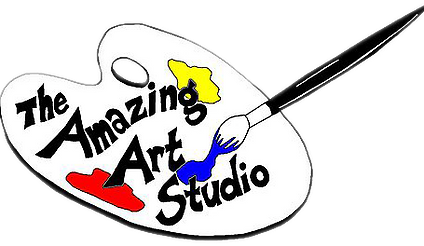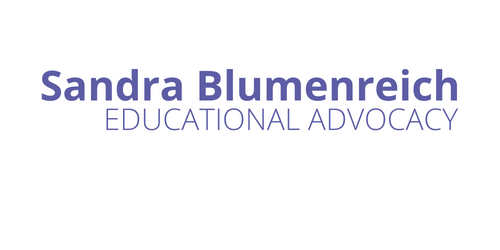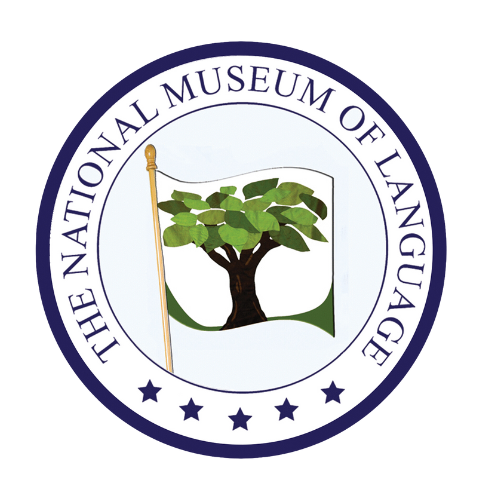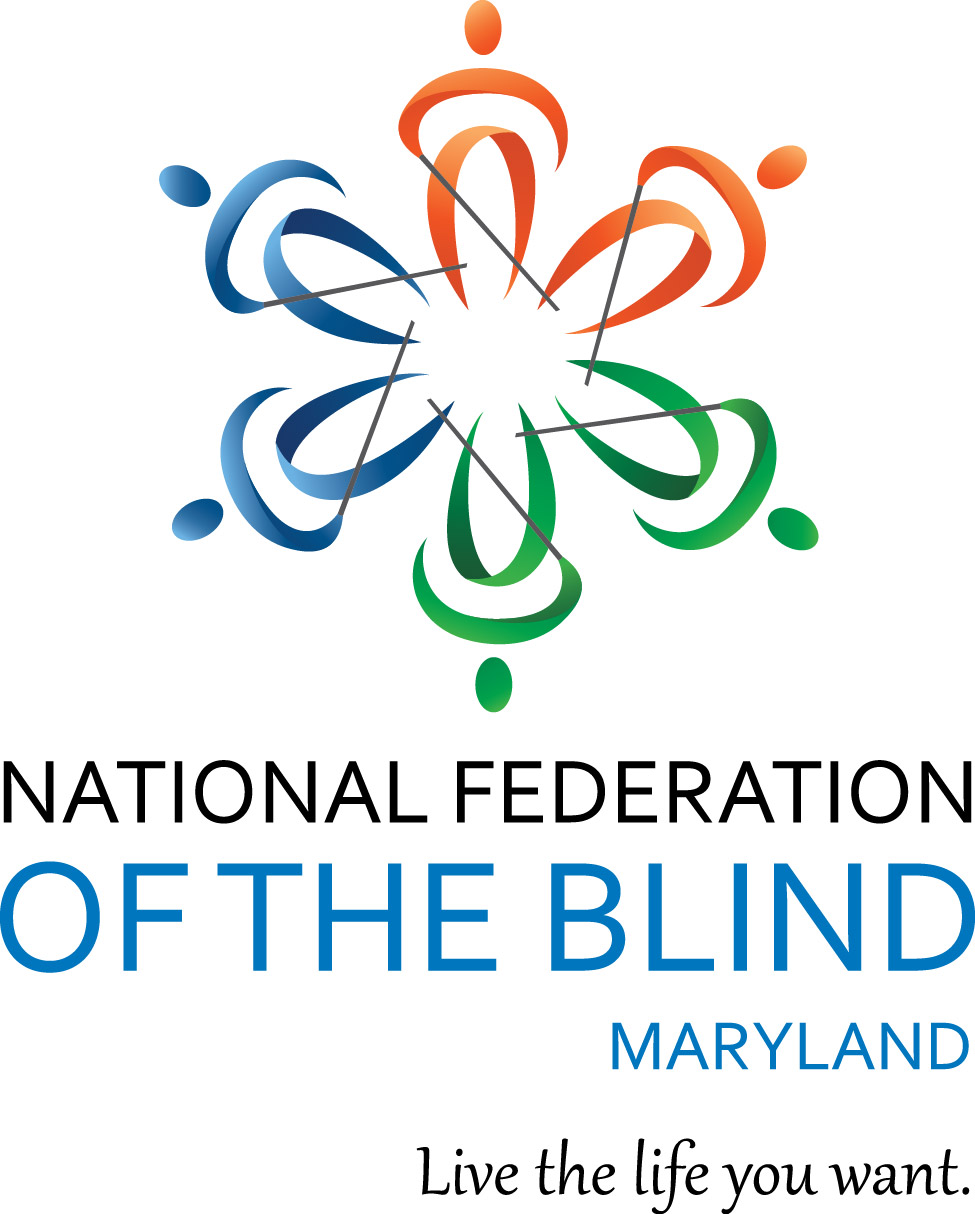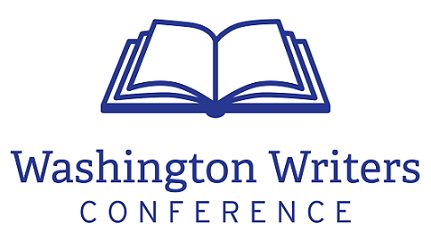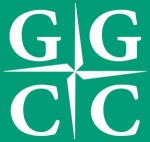Inspiration for anti-Trump satire
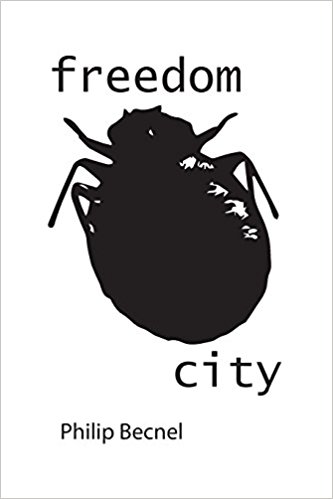
by Exhibiting Author Philip Becnel
When Donald Trump won the 2016 presidential election I snapped a picture in the dark. This black square became my Facebook profile, a symbol of the bleak future I saw for America. I then took a sabbatical from my private investigations company to write my first novel, which remains unpublished. It is historical fiction with a supernatural twist, a tale of war and famine set in the early 14th century, narrated by a dead knight trapped in purgatory. Only after writing the last chapter did I connect the tortured narrator’s plight to the black square. My disgust at every new Trumpian outrage had seeped into my writing, creating a novel that was too dark for mainstream consumption. I tucked away the manuscript, a year’s worth of work, and started a new book.
Once I identified the source of my angst, I discovered there was actually a lot to laugh about the scandals that had so incensed me. Trump and his ilk are villains of comic-book proportions, and by looking at things through that lens I began to feel better. I needed only invent heroes who might stand up to the villains. For this, I drew on my twenty-plus years as an investigator in Washington, D.C. The dark fantasies that plagued me through the past year took on a farcical theme, and after three months of writing twelve-plus-hour days I completed a second novel, one that channels my tortured emotions into a hopeful and humorous story.
Freedom City, set in the year following Trump’s death from a stroke, tells the tale of an eclectic band of rebels from D.C. who for different reasons decide to wage a guerilla war against fascism in America. I was inspired in part by The Monkey Wrench Gang, a campy novel from the 1970’s about a similar band of saboteurs defending the environment against over-development. Resigned not to physically hurt anyone, my rebels’ exploits include severing the heads of Confederate statues and pitching them into the U.S. Capitol with a medieval trebuchet.
Writing Freedom City was therapeutic because it freed me from the black square. It was the right book for me to write at exactly the right time. As the words flowed from my earnest heart, I stopped seething and started laughing. By the time I finished writing, I had a new profile picture, and a tad fewer friends, which is fine.
Readers too have described the book as cathartic, something I cherish as perhaps the greatest compliment I could get. I may eventually return to stories about knights and medieval battles, but for now I’m content to brighten the world a bit with a humble story about sabotage in the ignoble heyday of post-Trump America.







